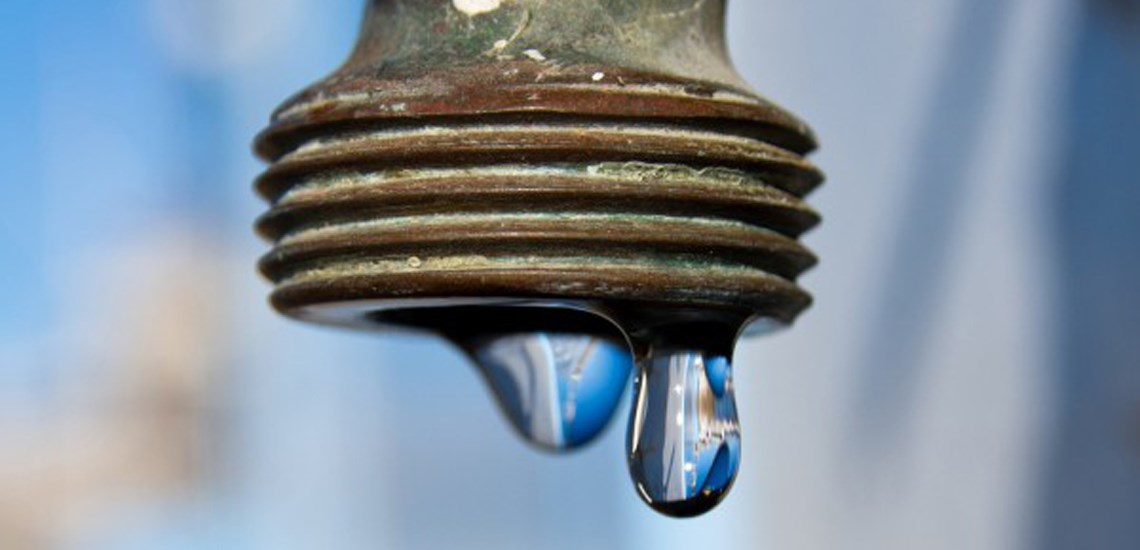How To Manage Water Restrictions In Your Home

-
Shower instead of bathing. Take shorter showers and turn off the shower while soaping up, then turn it back on to rinse.
-
Turn off the tap while brushing your teeth and washing your hands. Don't let it run.
-
Don’t run the dishwasher or washing machine until they’re full. Those half-loads add up to gallons and gallons of wasted water.
-
Do not leave the water running when washing dishes by hand. If you have a double basin, fill one with soapy water and one with clean water to rinse.
-
Grey water: Reusing and filtering the water from your shower, bath and laundry and then using it to irrigate your garden. This can be setup to work automatically, in conjunction with a rainwater system. Grey water should never ever be stored. This will spread disease and smell particularly badly!
-
Where possible, replace plants with hardier, drought resistant species. This article: Plants that tolerate dry South African conditions can help you find lists of drought tolerant ground covers, trees, shrubs and more.
-
Add compost: Compost increases the soil’s nutrient and water-retaining capability.
-
Keep an eye on your sprinklers: Use the precious water you are allowed wisely by staying close to your sprinklers and watching out for watering walls or paving.
-
Group plants with the same water needs together, so that you don’t overwater plants with varying water needs.
-
The best times to water your garden is at sunrise and sunset.
-
Invest in a quality pool cover – this can reduce evaporation by 90% and will keep water levels constant.
-
If you have a water heating system, remember to always cover your pool after swimming as warm water evaporates more quickly.
-
Rain harvest: If you live in an area that is still experiencing some rainfall, you could invest in rainwater harvesting – a system of pipes, pumps and tanks that harvest the rain that falls onto your roof and into your gutters.
-
A dripping tap (one drop per second) could waste up to 30 litres of water an hour, which adds up to 10 000 litres a year.